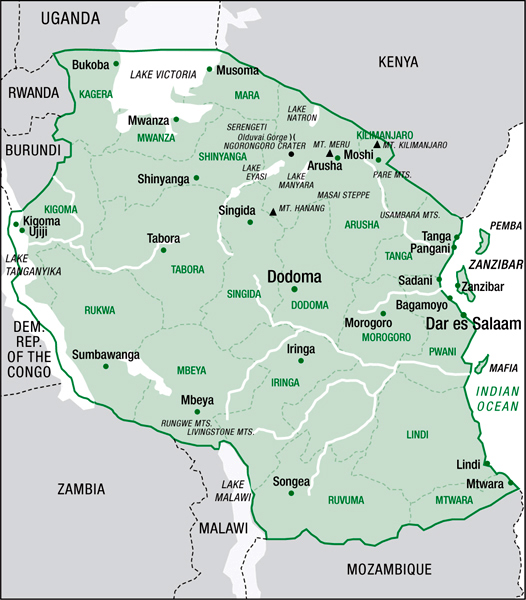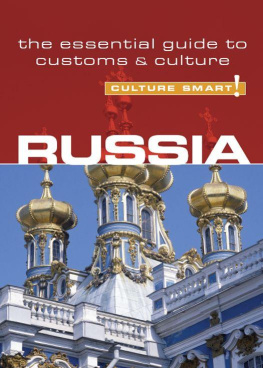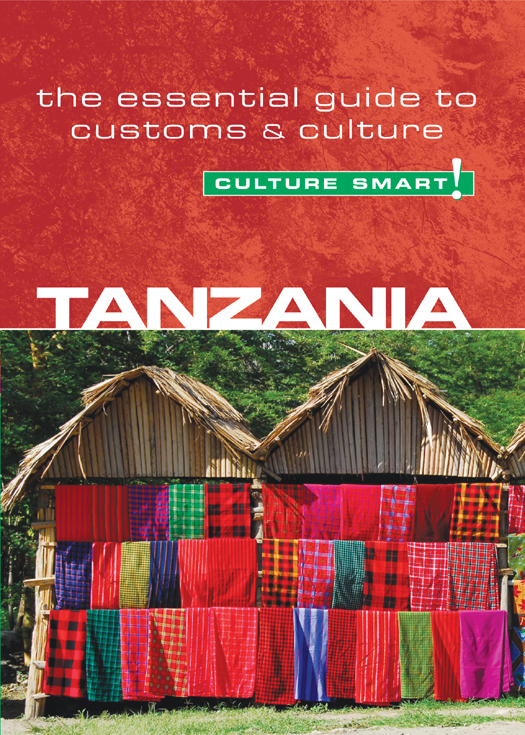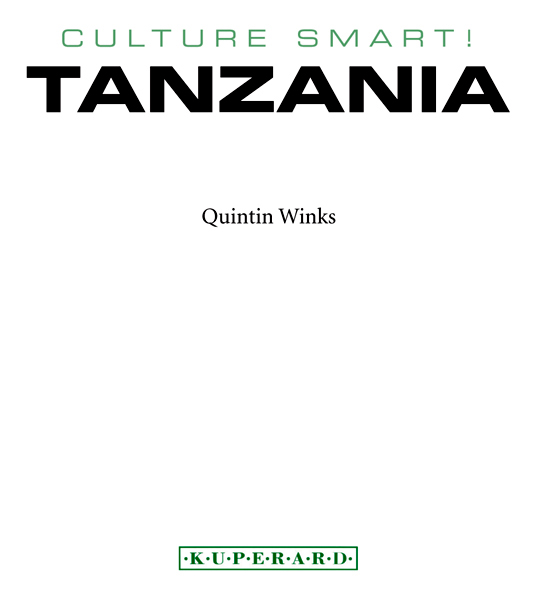eISBN: 978-1-85733-625-2
British Library Cataloguing in Publication Data
A CIP catalogue entry for this book is available from the
British Library
Copyright 2009 Kuperard
Second printing 2011
All rights reserved. No part of this publication may be reprinted or reproduced, stored in a retrieval system, or transmitted in any form or by any means without prior permission in writing from the publishers.
Culture Smart! is a registered trademark of Bravo Ltd
First published in Great Britain 2009
by Kuperard, an imprint of Bravo Ltd
59 Hutton Grove, London N12 8DS
Tel: +44 (0) 20 8446 2440 Fax: +44 (0) 20 8446 2441
www.culturesmart.co.uk
Inquiries:
Series Editor Geoffrey Chesler
The photographs on (bottom) are reproduced by permission of the author.
Images on the following pages reproduced under Creative Commons License Attribution 2.5: Calle v H.
v3.1
About the Author
QUINTIN WINKS is a Canadian journalist, freelance writer, and photographer. After graduating in journalism from the Langara College, Vancouver, he spent several years reporting for Canadian newspapers. His passion for writing and interest in culture led him to East Africa, where he based himself in Dar es Salaam, Tanzania. From his inner-city apartment, Quintin wrote monthly columns for the Dar Guide and contributed to Zanzibars Karibu magazine, This Day newspaper, and PAA, Precision Airways in-flight magazine, and used the rest of his time to explore East Africa.
Quintin has contributed to a variety of news and travel publications across North America. He has also published photography from Iceland to Botswana, Bolivia to the Canadian Arctic, and many cultures and landscapes in between. Now based on Vancouver Island and writing for a daily newspaper, his latest book project explores the decline of community news in North America.
The Culture Smart! series is continuing to expand.
For further information and latest titles visit
www.culturesmart.co.uk
The publishers would like to thank CultureSmart!Consulting for its help in researching and developing the concept for this series.
CultureSmart!Consulting creates tailor-made seminars and consultancy programs to meet a wide range of corporate, public-sector, and individual needs. Whether delivering courses on multicultural team building in the USA, preparing Chinese engineers for a posting in Europe, training call-center staff in India, or raising the awareness of police forces to the needs of diverse ethnic communities, it provides essential, practical, and powerful skills worldwide to an increasingly international workforce.
For details, visit www.culturesmartconsulting.com
CultureSmart!Consulting and CultureSmart! guides have both contributed to and featured regularly in the weekly travel program Fast Track on BBC World TV.
contents
Map of Tanzania

introduction
It is said that once Africa is in your blood, you will always return there. No expression could be more aptly applied to Tanzania. The countrys harsh realities, its poverty, and its struggles, belie the rich, deep layers of culture that make it one of the most spectacular, impressive, and fascinating countries on the continent. Where else can you wake to a cup of outstanding Ethiopian coffee; lounge under a shady palm on a postcard-perfect beach; watch a dhow ply sapphire waters; and return to enjoy a breathtaking curry amid the muezzins calling the faithful to evening prayer?
There are many reasons to visit Tanzania, not least of which is to meet the Tanzanians. They are a mixture of the direct descendants of the first humans, of later tribes that migrated across Africa, and of people who arrived, eventually, from all over the world. Made up of some 120 tribes, most with their own language, the country is a melting pot of cultures and ethnicities.
If Tanzania is an exotic tapestry of flavors, colors, and smells, then the Tanzanians are the canvas that holds them all together. Collectively they have built a country where manners are valued, where handshakes are full of affection, and laughter is irrepressible. Warm, expressive, boisterous, engaging, peaceful, and, above all, friendlythere is no other people quite like them.
Gripe though you might, curse at the obstinacy, and swear at the inefficiency, once youve left youll want nothing more than to return; because rare is a population whose national psyche is infused with such a spirit of helpfulness; where even a complete stranger will step forward to help someone in need. This is the quality of undugu, which permeates Tanzanian society and covers most of the country with a warm, effective social security blanket.
Perhaps that very same blanket also affords some emotional warmth. It would help to explain why physical contact between friends and acquaintances is a sign of respect and affection. It might also help to explain why Tanzania remains such a beacon of peace in East Africa, why it opens its doors to refugees, and why it has eluded the iron fist of a despotic ruler.
Tanzania is not content to remain among the worlds poorest countries. It is striving, like a tide fighting upriver, to thwart corruption, streamline inefficiencies, eradicate illiteracy, and eliminate AIDS. As a result, it is a society in transition.
This book explores the countrys past to explain some of the complexities and contradictions of modern Tanzanian society. It looks at how people relate to each other at home, at work, and at play, and offers advice on what to expect and how to behave in different contexts. Tanzanians are bighearted and optimistic. Make the effort to understand them, and they will welcome you unreservedly.
Key Facts
| Official Name | United Republic of Tanzania | Combination of Tanganyika, mainland Tanzanias earlier name, and Zanzibar, after the two joined in 1964 |
| Capital City | National capital Dodoma; financial capital Dar es Salaam | Dodoma became the capital in 1964. Dar es Salaam is still home to the central government bureaucracy. |
| Main Cities | Dar es Salaam, the biggest city and financial capital. Official pop. 2,497,940 (2002 census), but unofficial estimates closer to 4 million | Other main cities include Dodoma and Arusha. |
| Area | 364,900 sq.miles (945,087 sq. km) | Inland water, incl. Lake Victoria, 22,799 sq.miles (59,050 sq. km). Coastline 885 miles (1,424 km) long |
| Borders | Tanzania is bordered by Kenya, Uganda, Rwanda, Burundi, Democratic Republic of the Congo, Zambia, Malawi and Mozambique. |
| Climate | Varies with altitude, terrain, and season. Coast has av. daily temp. of 8084F (2729C); Arusha ranges from 56 to 86F (1330C); average 77F (25C) | Jul.Aug., winter; Jan.Feb., dry/hot; Mar.May, long rains; Jun.Sept, dry; Oct.Dec, short rains |
|





